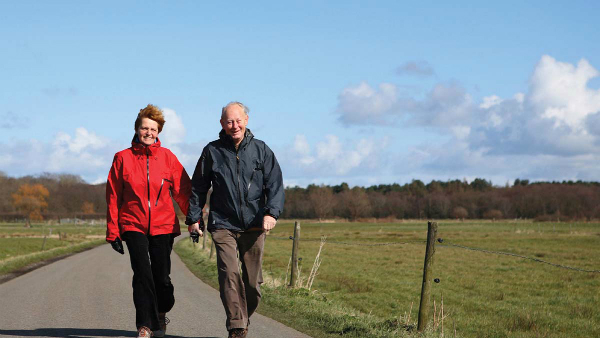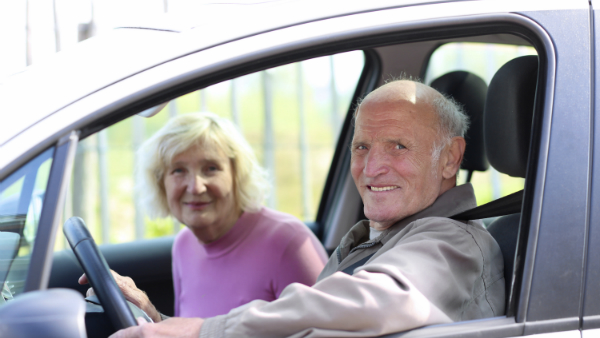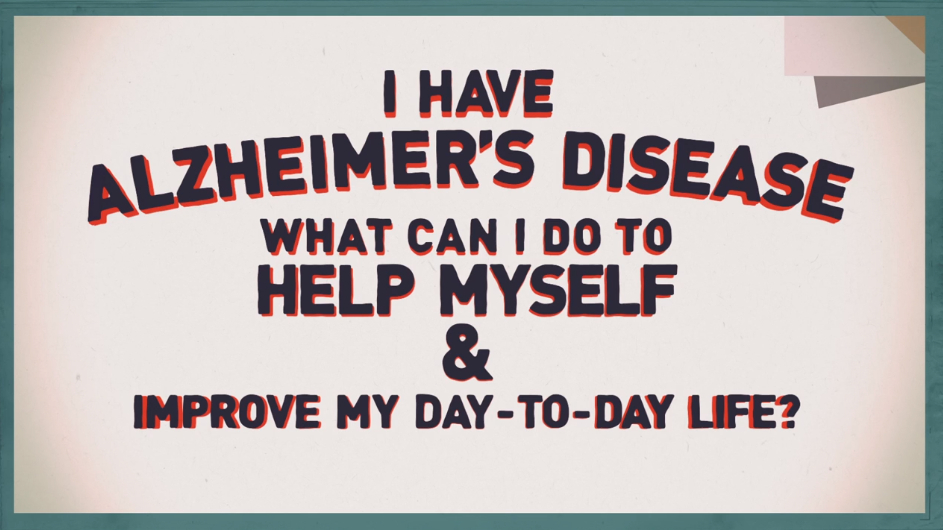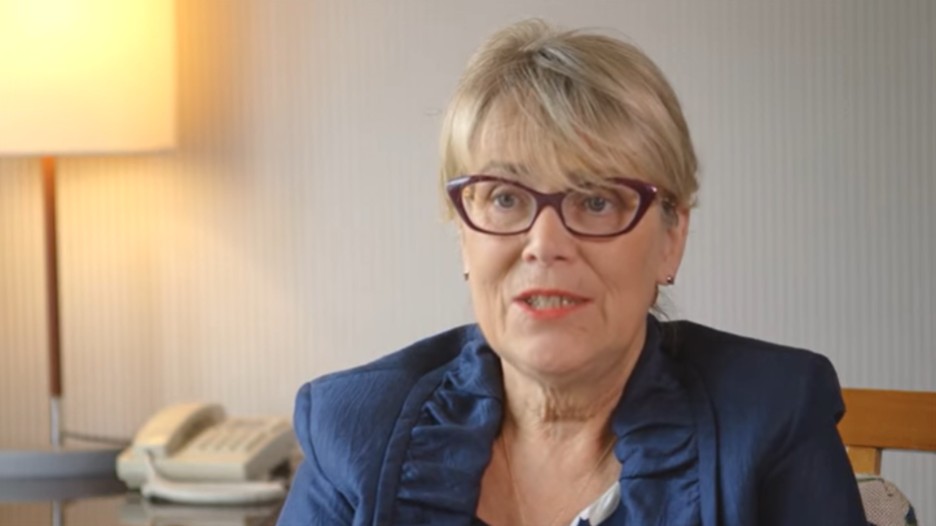First Steps after Diagnosis
A diagnosis of dementia can come as a shock, no matter how expected. It is hard for everyone concerned, and reassurance and support are vital. The most important thing is to be positive and know that you are not alone. There are people you can talk to and supports and services that can help.
Your GP will be essential to support you in living well with dementia. You can talk to them about your dementia, medications, treatments, and prescriptions, such as driving and any emerging symptoms.
There are many ways to live well with dementia. It may take some time to figure out what will work for you and what you want to do.
People with dementia who are members of the Irish Dementia Working Group have shared the following six steps they use to help them to live well:
Talk to people about dementia

It may seem daunting, but talking to your family and friends is very important. When you feel ready, you can decide how to do this. By talking about your diagnosis, you can:
- explain how dementia affects you,
- explain what helps you to manage symptoms,
- reassure people that you are still the same person,
- highlight that you can still keep doing the things you want to do, and
- invite people to do something with you.
Your doctor can help you to tell your family about your diagnosis. You can also call the National Helpline at 1800 341 341 to discuss things.
You can read and download
Keeping active is important

You can continue to do things you enjoy, or you can try something new. At times you may need help, or you might need to make some changes to help yourself.
You can contribute to your local clubs and groups. More and more towns and counties in Ireland are becoming Dementia Friendly Communities. That means people in shops, cafes, hotels, clubs, and groups value your contribution and want you to remain involved in what they do.
Contact the Alzheimer’s National Helpline at 1800 341 341 to find out about projects in your area.
Connect with services and supports

In many parts of Ireland, some supports and services can help. The Alzheimer Society of Ireland provides the following:
- Dementia Advisers in many counties can meet and discuss your needs.
- Alzheimer Cafes and social clubs.
- Home care services and day and respite centres in your community.
- Cognitive Stimulation Therapy for people with early and moderate dementia.
There are also many dementia projects running in different locations in Ireland. These projects all focus on living well with dementia and include a dementia choir, walking groups, exercise classes and much more. To find out what is available in your area, visit our services in my county page or by calling our free and confidential Alzheimer National Helpline at 1800 341 341
Tips to manage day-to-day

There are positive steps you can take to help yourself with day-to-day life. For most people with dementia, changes happen gradually. You will have time to adjust and find out what works for you. People with dementia recommend the following practical tips:
- Write things down
- Give yourself time
- Be patient with yourself
- Try to keep a routine
- Use a diary
- Keep vital stuff in the same place
- Use technology to help you
- Ask your family and friends to help you
- Get to know your good times of day
- Eat healthily and keep hydrated
- Exercise (pick an activity that you enjoy)
- Make time to relax and rest
- Enjoy life and enjoy the good moments
- Laugh as a sense of humour is important
For more information:
- Read our factsheet Practical tips for living well with dementia. You can order copies by calling 1800 341 341 or read this factsheet online at www.alzheimer.ie
Driving and dementia

A diagnosis of dementia does not automatically mean having to stop driving. Over time, dementia does affect our ability to drive. Some people choose to stop driving themselves. Others would like to continue to drive. If you want to drive after your diagnosis, you need to:
- inform your insurance company that you have been diagnosed. (You may not be insured if you do not do this. Your insurance company can tell you the steps you need to take to continue to drive.)
- inform your driving licence authority that you have been diagnosed. You can find your local centre on www.ndls.ie.
- successfully complete an ‘on-road’ driving assessment. This assessment is not like the learner driving test. It usually involves an assessor accompanying you as you drive in your local area to assess your ability to drive safely. Most companies come to your local area, while others are brought to a local centre
Where possible, try to get a company that will assess your local area, where you know the roads. This will help to reduce anxiety. This assessment may need to be repeated at agreed intervals, usually every six months. Click HERE for a list of companies that complete the assessment.
For more information:
- Read our factsheet Driving and dementia. You can order copies by calling 1800 341 341 or reading online at www.alzheimer.ie
- Visit your GP
- Call our Alzheimer National Helpline on 1800 341 341
Plan for the future

At any time, planning for the future can feel overwhelming. When you are dealing with your diagnosis of dementia, it may feel like the last thing you want to do. But making decisions early is essential. Planning for the future includes:
- sorting out your financial affairs, savings, income and debt,
- talking to a solicitor about your will and your legal affairs, and
- talking to your family and doctors about your wishes and preferences.
For more information:
- Visit your GP
- Call the Alzheimer National Helpline on 1800 341 341
- Read more about Memory Clinic’s in Ireland
- Visit the services in my county page for Memory Clinics in your area
- Read our resources:


